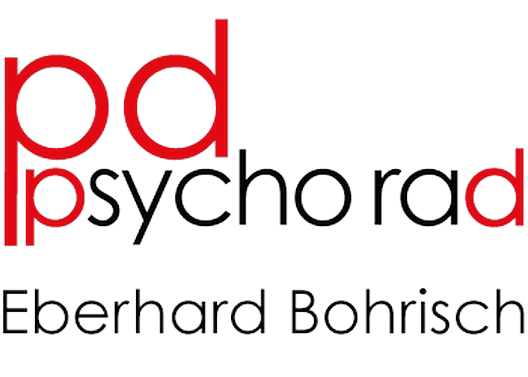The danger of coaching is that it has an impact.
Also, it affects the environment and society.
Today I am interested in these effects or side effects and their consequences on my actions as a coach and consultant.
I once coached a man of about 40 who became head of his department a year ago because the management had noticed his above-average professional competence. But, very quickly, it turned out that he had considerable problems managing his department. He was unsure of communicating his ideas clearly in his new role and had difficulty delegating.
As a life partner, he had found a woman whose strength lay in affirming him in his actions and spoiling him.
Our coaching work led to him relying more and more on his own ideas and being able to match them with the opinions of his co-workers. He also learned to let go of his tendency to micromanage.
On the other hand, he was now irritated by the paternalism and patterning of his life partner. She, for her part, could not appreciate his new reactions. She reacted helplessly and aggrieved.
What I am describing in this example is a predictable complication. It occurs mainly when one neglects or refuses to involve the whole system that might be affected in work.
In the case described, subsequent couples counselling was able to heal the damage. But how do I deal, in principle, with the fact that interventions do not only work locally? We know this problem from dealing with all complex systems such as medicine, the environment, the economy and finance. So there is always an impact assessment involved.
I have become accustomed to discussing possible undesirable side effects with the client at the beginning of a coaching session and agreeing on measures to avoid them.
Just today, I had another request from a man who wanted counselling because of partnership problems, the cause of which he saw in himself. (For possible side effects, see above!)
I recommended that he first invite his wife to come to the initial contact. Then, I discussed how he could do this on the phone with a chance of success.
In the case of the head of the department above, I should have discussed with the client, and the company, in advance that I would find it appropriate to include the relationship with his family and his staff in my assignment. My argument would have been that this would prevent collateral damage to the performance of the head of the department.
